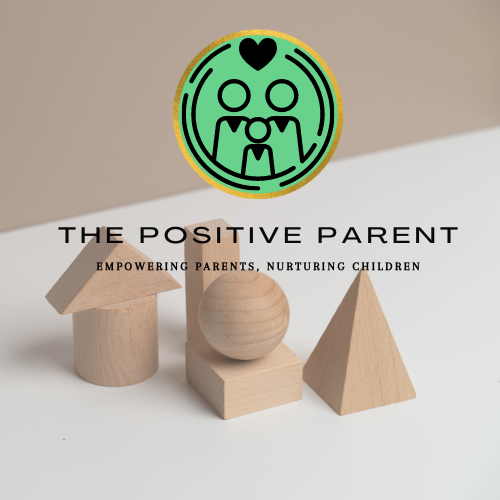7 ways to effectively communicate with your child using a positive approach.
- Use positive language
When interacting with your child, use positive language. Positive language is a means of expressing yourself that accentuates the good rather than the terrible or negative. The positive language emphasises solutions over issues. When communicating your ideas and feelings to your child, it is critical to use positive language, as this can make your child feel better about themselves.
2. Listen actively
Active listening is a necessary component of good communication. Giving your child your entire attention, being present at the moment, and reacting in a way that indicates you comprehend what they are saying are all examples of active listening. Active listening entails paying attention to what your child is saying, clarifying with questions, and reacting with empathy.
3. Use nonverbal communication
Nonverbal communication, like verbal communication, can be just as significant. Body language, facial expressions, and tone of voice are examples of nonverbal communication. When interacting with your child, it is critical to be mindful of your nonverbal communication and how it may affect your child.
4. Show empathy
Empathy is the ability to understand and share another person's feelings. Empathy entails putting yourself in your child's shoes and viewing things from their point of view. It is critical to demonstrate empathy while speaking with your child by acknowledging their sentiments and indicating that you understand how they feel.
5. Avoid criticism
Criticism can harm a child's self-esteem and make it difficult for them to interact honestly with their parents. Negative comments, insulting, and blaming are all examples of criticism. Instead of critiquing your child, give positive reinforcement and praise when necessary.
6. Encourage open communication
Maintaining a strong relationship between parent and child requires open communication. Open communication is creating an environment in which your child feels safe expressing themselves and sharing their thoughts and feelings without fear of being judged or criticised. Encourage your child to talk openly by listening without interrupting, asking questions, and reacting empathically.
7. Be patient
Patience is an important aspect of good communication. Children may have difficulty expressing themselves clearly, may require time to comprehend information, or may require comfort and help. It is critical to be patient when speaking with your child and to allow them time to properly express themselves.
So what if you have read all of this and you think, 'I have no idea how to actually do this'. Don't worry, you are not alone. effective communication needs to be worked on and luckily I can help you with that.
Visit me at The Positive Parent to access my exclusive parenting coaching. I specialise in a positive approach and have experience working with neurodivergent families.




I'm sure many parents will find this really useful; great advice and information — thanks for sharing!
ReplyDeletethank you for taking the time to read this post.
Delete